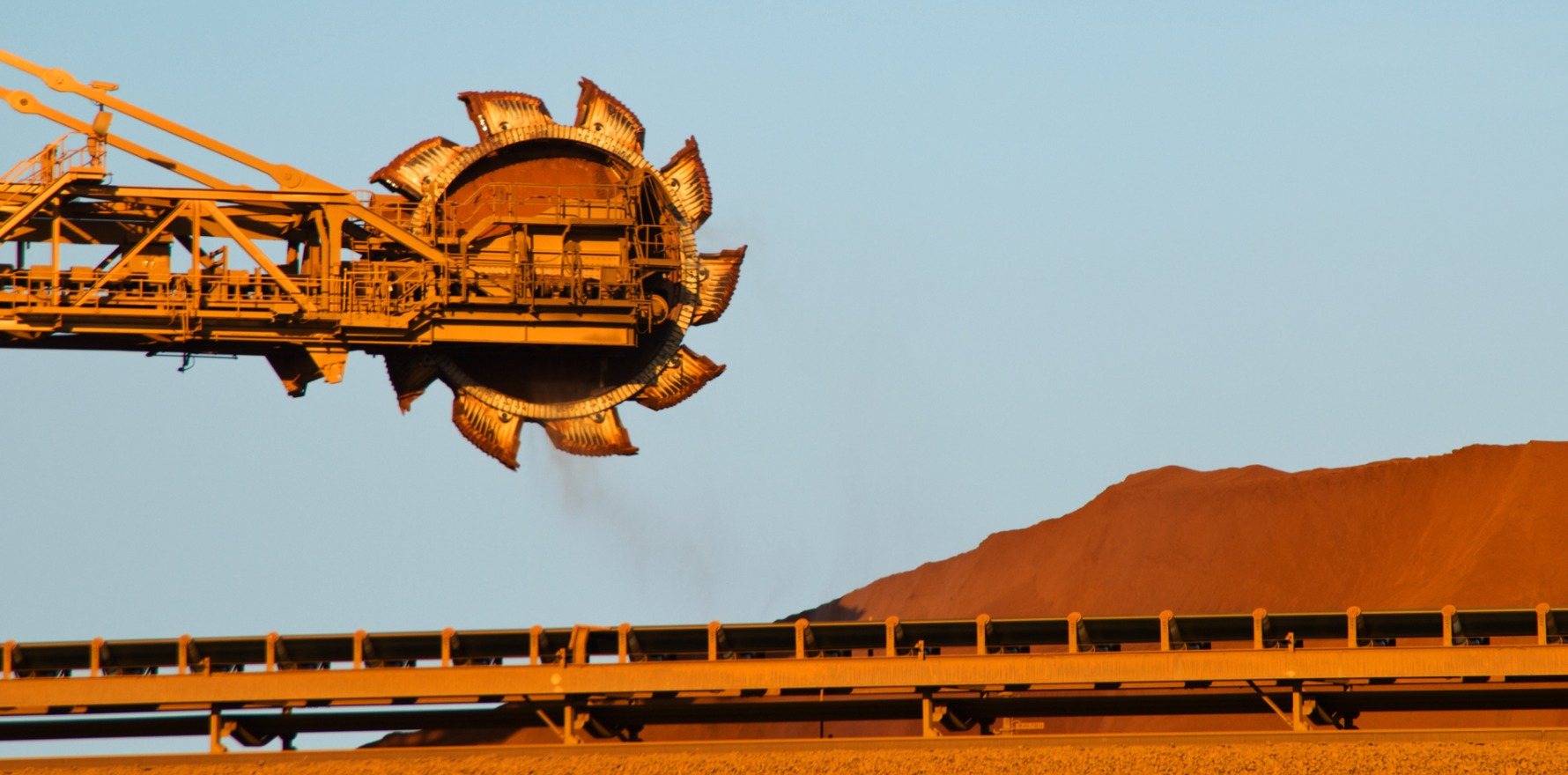Doctors tend to be more willing to fight injustice when it’s on behalf of patients than when it’s for themselves. That is not always good.
The mythology of the self-sacrificing doctor who puts themselves at risk of significant harm does not actually serve patients in the long run.
It’s a tough pill to swallow, but former UN medical director Dr Jillann Farmer – who has recently returned to work as an emergency locum in rural Queensland – is insisting that it must be.
“Based on suicide figures, based on mental health outcomes, based on levels of burnout, I sometimes think that if healthcare was a mine, we would be shut down,” she told delegates at Rural Medicine Australia 2024 in Darwin.
“Let’s start talking about workplace health and safety. Let’s stop talking about wellness and wellbeing. Let’s claim the rights that the law gives us, because we have a right to be safe at work.”
Dr Farmer is CEO of A Better Culture, a Royal Australasian College of Medical Administrators-funded project working to eliminate bullying, harassment, racism and discrimination within healthcare.
“We’re not about individual resilience and we’re not a doctor’s health program, but we do want to challenge the perceived locus of control,” Dr Farmer said.
“Healthcare historically has seemed to think everything would be alright if the staff were just strong enough, and that’s not true.
“Healthcare requires a system response and we want more emphasis on occupational health and safety, more emphasis on the drivers and enablers, more emphasis on hard leaders for change and more collaboration.”
One of A Better Culture’s current initiatives is developing a continuous curriculum for cultural safety learning – one which Dr Farmer promises will go farther than the current suite of mandatory training courses.
Instead, it will introduce progressively more sophisticated concepts year on year.
“If we’re going to train people in cultural safety, but never have anything about cultural safety as a KPI or something leaders have to deliver on, then that turns it into a compliance activity,” Dr Farmer said.
“People go along, but it’s like fire safety training.”
She encouraged her peers to ask themselves how certain aspects of their identity – whether that is gender, rurality or race – may shield them from seeing the issues that affect others in the workplace.
One senior healthcare manager, Dr Farmer said, had once shocked her by claiming that “doctors were never racist to other doctors”.
“For those of you who are sitting here now saying, ‘what is she talking about, sexual harassment isn’t a thing in medicine, racism isn’t a thing in medicine’: just stop for a minute,” she said.
“Think about why that perception may not be right.”
Ultimately, Dr Farmer said, only doctors taking risks and speaking out about injustice within medicine would change the culture.
Related
She relayed an anecdote about a situation she had been in during medical school, when a surgeon was dressing down a Buddhist medical student who hadn’t recognised a quote from the Bible.
“I knew I didn’t want to be a surgeon,” Dr Farmer said. “I knew that I could crash and burn in that moment, and it wouldn’t matter. You don’t always have power, but in that moment I had power.
“I put myself in between [the surgeon] and [the student] and I said, ‘and would you like to enlighten us with a quote from the Book of Buddha, sir?’, and the attack stopped.”
A Better Culture is developing training modules about being an “upstander” and advocating for people who have less power in a situation.
“Doctors, historically, are much more willing to speak up on behalf of their patients than themselves,” she said.
“I’ve seen that time and time again, where people will take a risk for themselves if they really think patients are at risk.”
Rural Medicine Australia 2024, the annual joint ACRRM and RDAA conference, was held at the Darwin Convention Centre between October 23 and 26.
If this article caused distress or if you are prompted to reach out for support, these services are available:
Doctors4doctors crisis support hotline: 1300 374 377
Lifeline: 13 11 14
Beyond Blue: 1300 22 46 36





